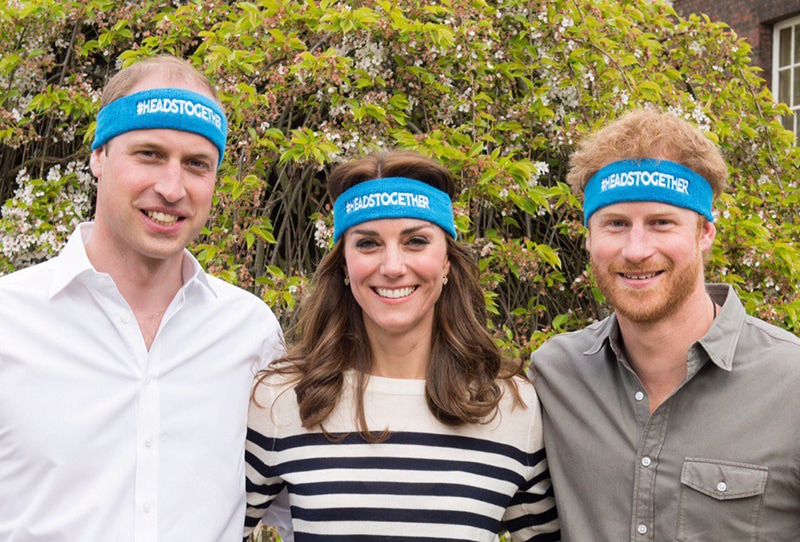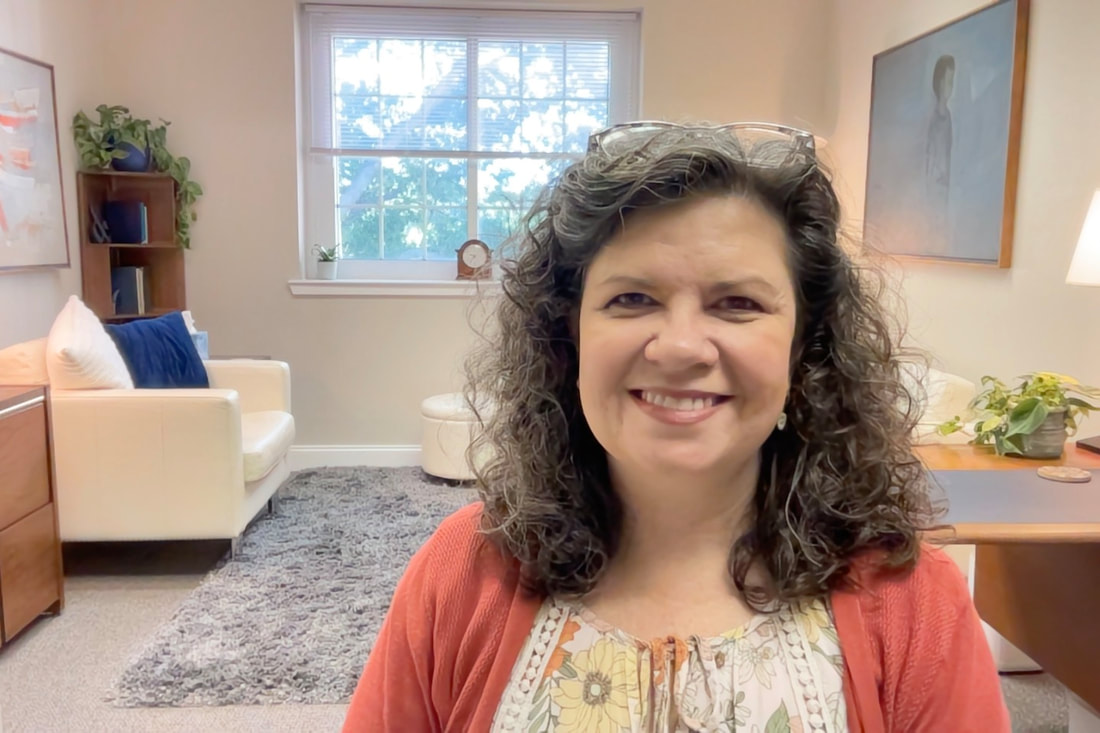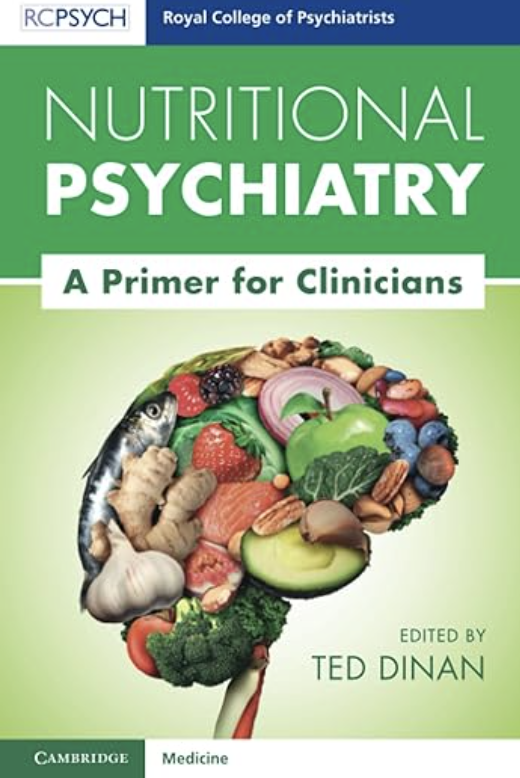Social Media Health RecommendationsThis spring a presidential panel of the American Psychological Association (APA) has produced recommendations for the use of social media by adolescents. The advisory panel was formed to provide recommendations grounded in research to ensure that adolescents develop healthy social media practices. The result is the American Psychological Association Health Advisory on Social Media Use in Adolescence. The report notes that while these platforms can promote healthy socialization, their use should be preceded by training in social media literacy to ensure that children and teens have skills that will maximize the chances for balanced, safe and meaningful experiences. This report notes that social media use is not inherently beneficial or harmful to young people. The effects of social media depend on adolescents' personal and psychological characteristics, social circumstances, and the specific content, features, or functions they encounter on social media platforms. The report emphasizes that not all findings apply equally to all children and teens. Scientific findings should be used in conjunction with knowledge of specific kids’ strengths, weaknesses, developmental maturity, and contexts to make decisions tailored to each individual.  Photo by Laura Chouette on Unsplash In addition to the new report, the APA's chief science officer, Dr. Mitch Prinstein, provides Q&A and recommendations for parents on how to help teens develop social media literacy skills. Dr. Prinstein specifically advises parents to:
You can read the APA's recommendations in full here, and Dr. Prinstein's Q&A here. As the number of cases of COVID-19 increase, so does our collective anxiety. It can be difficult to know what tomorrow, next week, or next month will bring. This lack of expectations and being unable to plan can heighten anxiety. Routines we may have worked hard to build and which support our work-life balance and mental health are thrown off. And many of us find ourselves isolated from our usual social supports. In the video below, clinical psychologist Dr. Alli Mattu addresses important coping skills for working from home, social distancing without feeling isolated, and managing information related to the COVID-19 public health crisis without feeling overwhelmed. The following additional resources can help individuals and communities navigate this stressful time. Remember, we're all in this together. CDC: COVID-19 Resources Latest updates, tips and resources by the US Centers for Disease Control. Living With Mental Illness During COVID-19 Outbreak– Preparing For Your Wellness This webpage provides information and wellness tips for individuals living with mental health conditions during the COVID-19 outbreak. Mental health and wellness during a public health crisis Dr. LaGenia Bailey, a former DBSA board member, discusses tips on how to stay well during this public health crisis. In this podcast, she addresses the benefits of mindfulness practice, lifestyle habits, and ways to stay connected with others to avoid isolation. COVID-19 Mental Health Support Line: 833-986-1919 Texas Health and Human Services has launched a 24/7 statewide mental health support line to help Texans experiencing anxiety, stress or emotional challenges due to the COVID-19 pandemic. People can call the Statewide COVID-19 Mental Health Support Line 24 hours a day, 7 days a week toll-free at 833-986-1919. Operated by the Harris Center for Mental Health and IDD, the support line offers trauma-informed support and psychological first aid to those experiencing stress and anxiety related to COVID-19. Seven Crucial Research Findings that can Help People Deal with COVID-19 Psychological research on past crises can help people cope with the daily — sometimes hourly — news flashes about the coronavirus. How to Transition to Seeing Your Therapist Online Continue the work of therapy even from a distance. (And yes, Dr. Novinski offers sessions via Telehealth.) Psychologists’ Advice for Newly Remote Workers As employers close offices to slow the spread of COVID-19, here’s advice from I/O psychologists on how both managers and employees can work more effectively during this time. Dial 2-1-1 If you need assistance finding food, paying for housing bills, accessing free childcare, or other essential services, visit 211.org or dial 211 to speak to someone who can help. Run by the United Way. COVID-19 Ancillary Costs The HealthWell Foundation announced a COVID-19 Fund that provides up to $250 in assistance with ancillary costs associated with COVID-19. Grants awarded through the fund will provide reimbursement assistance to at risk or quarantined individuals for delivered food, medication, telehealth copays and transportation costs associated with COVID-19. Care for your Coronavirus Anxiety Staying Grounded Meditations and Calming Exercises National Domestic Violence Hotline For any victims and survivors who need support, call 1-800-799-7233 or 1-800-799-7233 for TTY, or if you’re unable to speak safely, you can log onto thehotline.org or text LOVEIS to 22522. Talking to Kids about the Coronavirus The Parent Guide to Resilience Yale University's The Science of Well-Being Yale's most popular class is now free online via Coursera. The course focuses on how to increase happiness and productivity in your everyday life. University of Pennsylvania: Positive Psychology Resilience Skills Heads Together is a UK campaign, spearheaded by the Duke and Duchess of Cambridge and Prince Harry to end stigma around mental health. This week the campaign released a video of the Duke, Duchess and Prince discussing their support of the mental health initiative. The Heads Together campaign has partnered with this weekend's London Marathon to help raise awareness and encourage people to speak up about and prioritize their mental health (all the runners will be given Heads Together headbands, modeled by the Royal Family above). “Since we launched Heads Together last May, we have seen time and time again that shattering stigma on mental health starts with simple conversations. When you realise that mental health problems affect your friends, neighbours, children and spouses, the walls of judgement and prejudice around these issues begin to fall. And we all know that you cannot resolve a mental health issue by staying silent." Here in the US, the OK to Say campaign has been working to encourage people to talk openly about mental health. So often people do not ask for or seek out the help that they need because of stigma. Sharing our stories and working as a community to encourage one another and share resources can improve and save lives.
If you are interested in continuing this conversation and showing your support, consider joining the National Alliance on Mental Illness (NAMI) annual Dallas NAMI Walks 5k coming up in on May 13. This article by Vicki Hoefle is a great reminder to parents of the importance of offering children our encouragement rather than our praise. Praising kids for being "smart" (or "fast" or "strong" or "beautiful") makes them more likely to link that trait with their identity - their sense of self. This becomes problematic if they don't bring home the A, don't win the game, etc. Since their identity is linked to those traits, children who have a less than perfect performance often feel their whole identity called into question ("I guess I'm not smart after all."). Researchers have found that children praised for their performance or for specific traits are often less likely to pursue a more challenging task and are more inclined to cheat. On the other hand, children who are encouraged, or praised for their effort, learn important problem-solving skills and tie their performance not to being smart vs. dumb, or a winner vs. a loser, but rather to the amount of effort they put in -- something which (unlike IQ or natural talent) is within their control. Breaking the habit of praising our smart, fast, handsome children for these traits can be difficult, but it is important for parents to model for their children that good compassionate habits are worth the effort.
Read Vicki Hoefle's full article on PBS.org here. |
About the AuthorClinical psychologist Dr. Kristy Novinski contributes insights, book and film reviews, discussions of pop culture, and exploration of news and research in the field of psychology. What I'm Reading
Categories
All
|
Las Colinas Psychological Services, PLLC |
© 2023 Las Colinas Psychological Services, PLLC. All rights reserved.
|




 RSS Feed
RSS Feed

